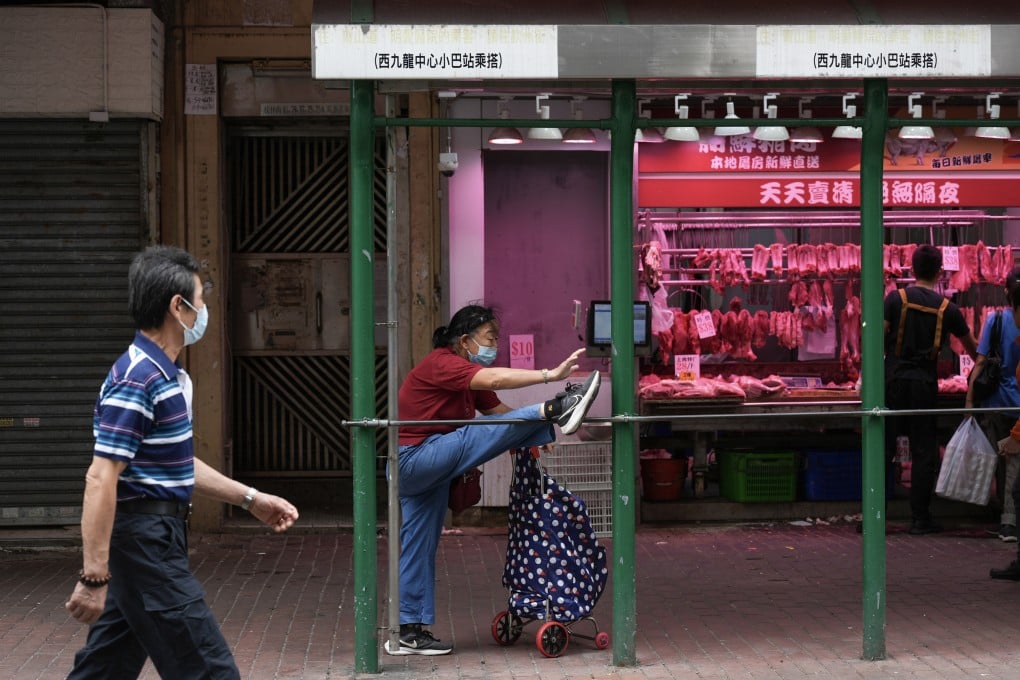Being Chinese | Call me a Chinese auntie. Better yet, celebrate auntie power with me
I revel in low prices and awkward questions. I’m finding that being a Chinese auntie overseas also means being part of an Asian sisterhood

A couple of years ago, I made a call for those from the Chinese and wider East Asian diaspora in London who identified as aunties to come together and literally spill some tea.
And that’s where it got a wee bit complicated. Technically, the term “auntie” – used to designate a random woman of indeterminate age – is postcolonial. Actual titles used in the Chinese world (like sangu and liupo, meaning the father’s third sister and the mother’s sixth aunt respectively) specify the degree of kinship and reflect the patriarchal structure of Chinese families.
“Never mind, we can just mix and match,” said a Malaysian Chinese friend, a new recruit to the aunties’ movement. “In the West, they think we are all the same anyway.”
